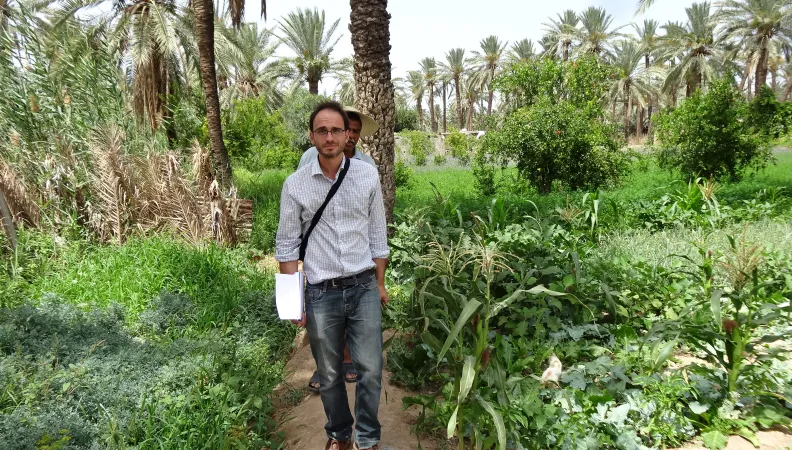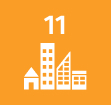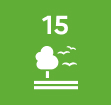Share the page
Sustainably managing vulnerable rural natural resources and regions (PACTE)
Project
Published on


-
Project start date
-
Status
In progress
-
Estimated date of project termination
-
-
Project financing date
-
-
Financing duration
-
5 years
-
Type of program
-
FFEM
-
Global financing amount
-
56110000 €
-
FFEM financing amount
-
2000000 €
-
Project lead member institution(s)
-
AFD, French Ministry for Ecological and Inclusive Transition
-
Country and region
-
Tunisia
-
Type of financing
-
Type of beneficiary
-
Public local authority




Rural regions play an essential socio-economic role in Tunisia, but depend on natural resources threatened by over-exploitation and climate change. To support their development, the FFEM is supporting a project for the sustainable management of natural resources based on dialogue with local actors.
Context
In a country affected by water scarcity, inadequate agricultural practices and a policy focused on increasing supply have led to the overexploitation of resources. This also threatens the forestry sector, which is vital to the Tunisian economy. Climate change and its effects further intensify the pressure on natural resources in Tunisia’s rural areas.
To address these economic, social, and environmental challenges, the Tunisian government has initiated a new approach to the sustainable management of natural resources, based on multi-stakeholder governance. In this context, the FFEM is supporting a project that promotes the sustainable development of vulnerable rural areas in Tunisia.
Description
The project is based on three components:
- Develop land-use plans for vulnerable rural areas through a participatory approach, involving awareness-raising, territorial facilitation, and diagnostics related to natural resource management.
- Implement integrated natural resource management in vulnerable rural areas of Tunisia to support their economic development.
- Promote the engagement and coordination of local stakeholders to strengthen their capacities, ensure the relevance of the solutions implemented, and improve the governance of natural resources.
Impacts
- Strengthening public policy dialogue for improved management of natural resources in vulnerable territories.
- Implementing effective and innovative measures for the sustainable management of water and soil resources at the watershed, farm, and plot levels.
- Carrying out sustainable forest resource management by local stakeholders to identify exploitation practices and propose innovations tailored to the territories.
- Fostering the economic development of vulnerable areas by involving local actors in the enhancement of natural resource value chains.
Innovative and exemplary features
With the support of the FFEM, the project offers an innovative governance approach based on the mobilization and training of stakeholders at the territorial level. Promoting a participatory model of rural development opens up promising opportunities for the sustainable management of natural resources and the preservation of the vitality of vulnerable areas. By involving rural populations—who were at the heart of the 2011 Revolution—in land-use planning, the project also contributes to the democratic process in Tunisia.
Moreover, it represents the first implementation of the “Sustainable Forests and Farmlands” pillar of the FFEM's 2015–2018 programming framework, combining rural economic development, preservation of natural resources and ecosystems, and resilience to climate change.
Sustainable Development Goals
ODD11 Sustainable cities and communities

ODD13 Climate action

ODD15 Life on land

ODD17 Partnerships for the goals



